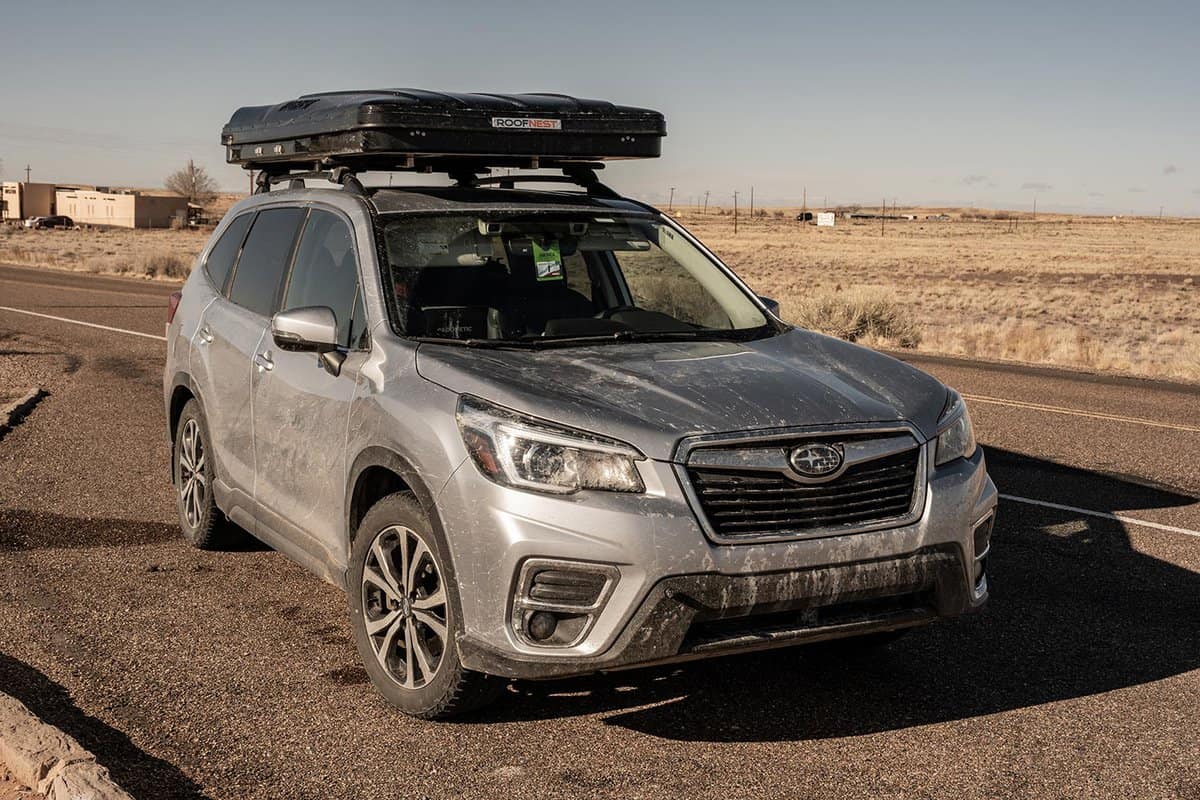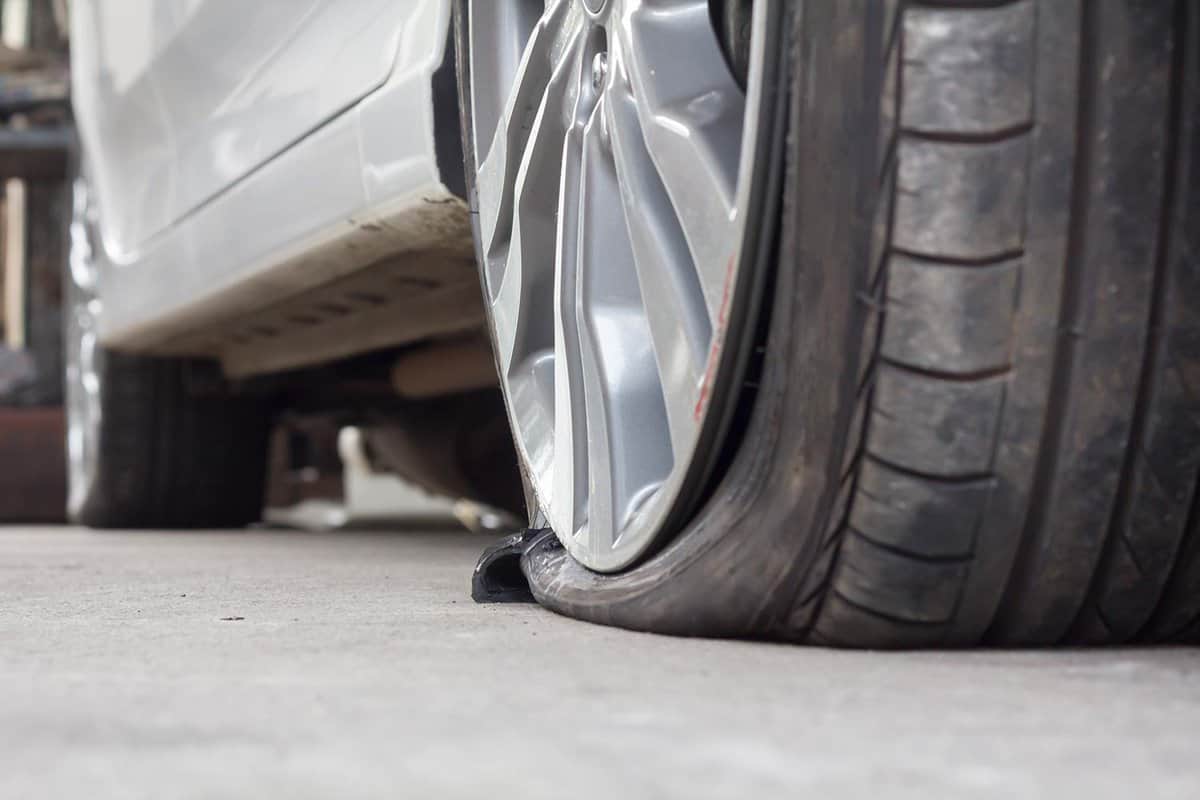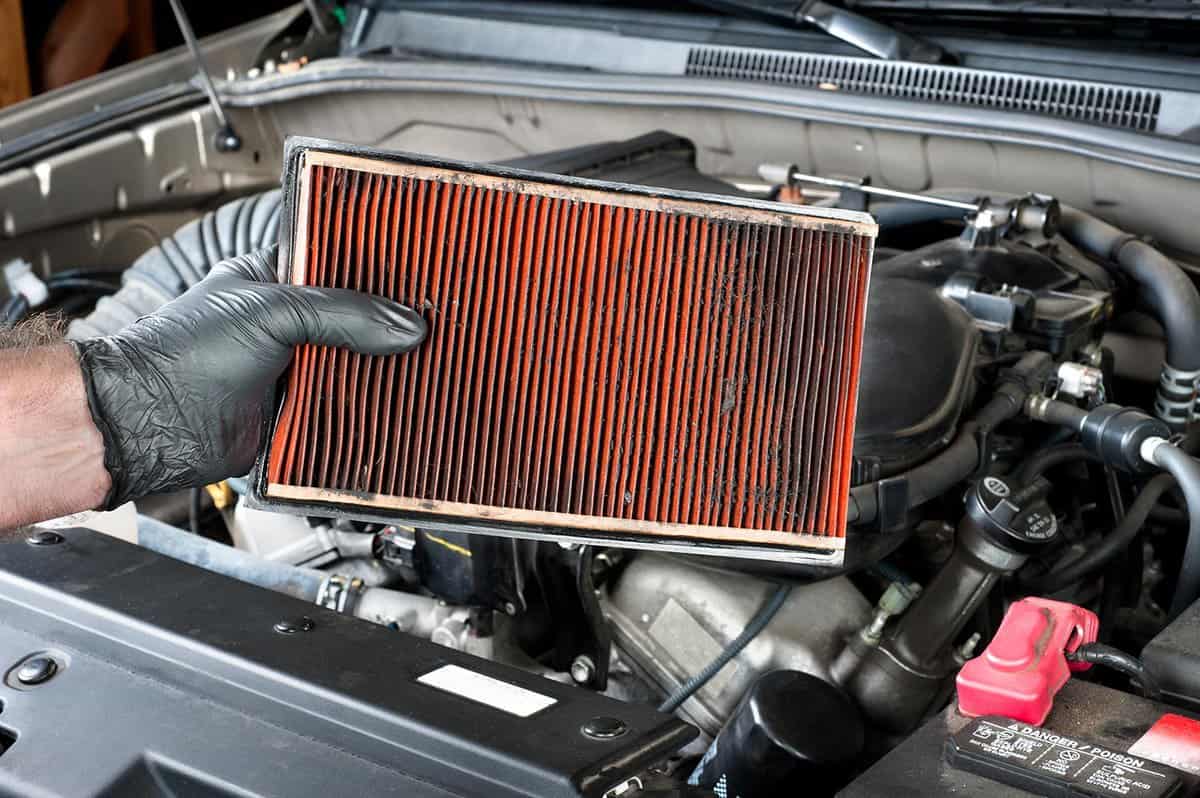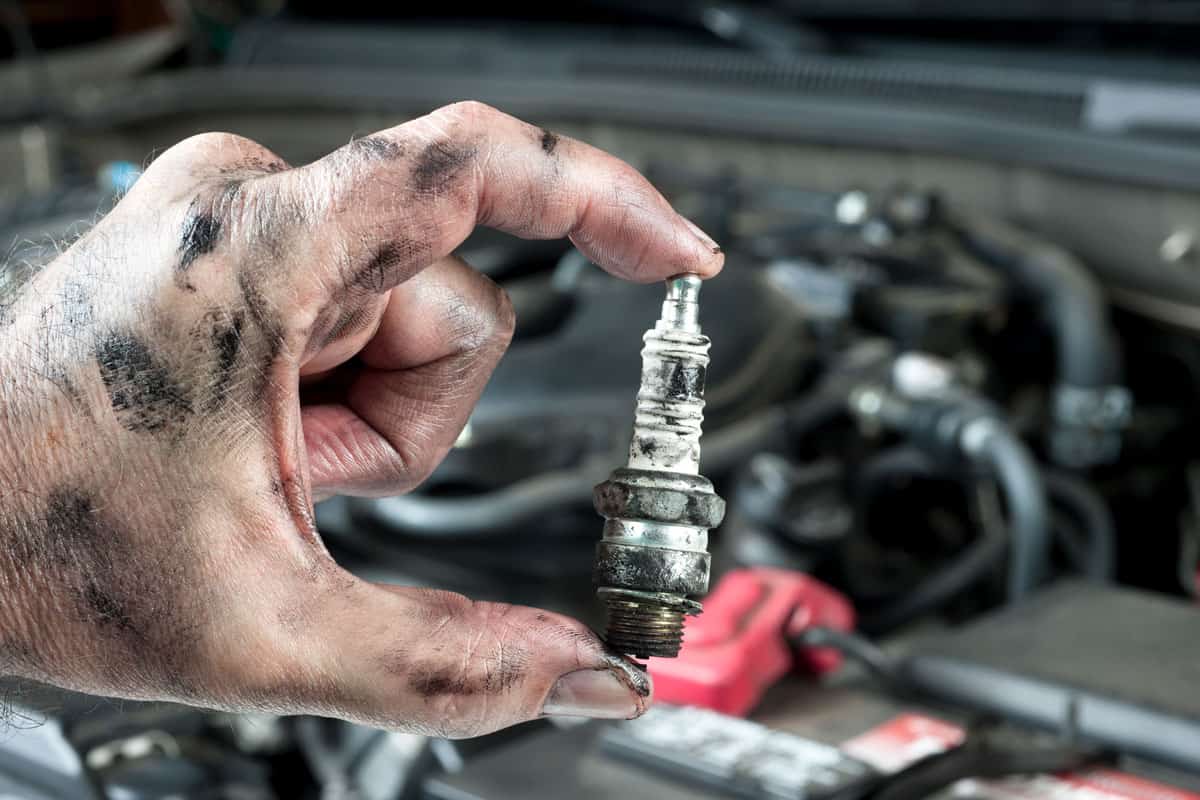Driving a Subaru Forester while it's shaking or wobbling can be quite dangerous, especially if you're on a highway. So you will need to resolve this issue as fast as you can. To help you, we have done proper research and consulted experts, and here's what they said about what to do if your Forester shakes.
Your Subaru Forester shakes while driving because the wheels and tires are not balanced properly. Causes might include:
- Uneven wheels
- Misaligned wheels
- Tire damage
- Rim damage
- Suspension problems
You'll want to balance the wheels, repair or replace the tire(s) and rim(s), or fix the suspension to end the shakiness while driving.
Aside from a faulty tire and wheel, there are other reasons your Subaru Forester shakes unusually while driving. Keep reading to learn the common causes and solutions.

Common Reasons Subaru Forester Shakes While Driving
When driving your car and it begins to shake or vibrate, It indicates an issue you have to fix to avoid further damage.
The major causes of your Subaru Forester shaking at high speed are unbalanced wheels, twisted wheels, damaged tires, a bent rim, and bad wheel bearing. The other rare reasons include a bad axle, old suspension, or tire pressure that was not properly done.

Uneven Wheels
When you are driving at high speed, if you notice your Subaru Forester is vibrating, you might have an unbalanced wheel, especially when the steering wheel wobbles or rattles. When only the front wheels are out of alignment, the vibration is generally heaviest at the steering wheel. If the rear wheels are out of balance, vibrations can be felt throughout the vehicle's body.
Uneven tire wear and contact with potholes or objects are the most common causes of uneven wheels in your Forester. This causes the edge and center of the tire's gravity to shift unevenly.
The wheel starts to vibrate, and the steering wheel starts to shake when combined with the force of a fast-moving vehicle. This increases the wear and tear on your wheels as well as other vehicle components.
Misaligned Wheels
A bad alignment of your wheels can cause vibrations in your Subaru Forester. The importance of good wheel alignment is often underestimated when maintaining a vehicle. Potholes and curbs can easily misalign your wheels, causing you to have poor control of your vehicle and making your tire wear out easily.
The most evident indicator of the wheels in your Subaru Forester not being properly aligned is when you notice the vehicle pulls to one side, and you are compelled to always adjust the steering wheel to keep it intact. Having unbalanced or worn-out tires or a shaky steering wheel when driving straight are some of the additional indicators.
Tire Damage

Tire problems are the most common cause of a car shaking when driving. When tires become worn or out of balance, they affect your driving.
Rim Damage
A bent rim can cause vibrations in your Subaru Forester. When impediments such as curbs, speed breakers, or deep potholes are driven over too fast, this type of damage occurs. This causes vibration, which is most noticeable as you're going at a very high speed.
Suspension Problems
Your vehicle may shake or tremble due to problems with the front suspension. When this is the case, your car will move smoothly but will vibrate when moving at high speeds or over obstacles. Odd noises like intermittent clunks, squeals, and squeaks may accompany suspension difficulties.
How to Stop Subaru Forester From Shaking While Driving

There are different ways to fix and avoid issues like vibrations in your Subaru. Here are some of the solutions you can try out.
Balance Your Wheels
Wheel balancers, which are accessible at most auto shops, can balance the wheels of your Subaru Forester. The wheel balancers fasten the wheels in place when turned. Various sensors detect whether the wheels are moving in a smooth or uneven direction during the rotation testing.
If an imbalance is identified, tiny weights are attached to the rim to fix it. These compensate for the tire's unequal weight distribution and keep the wheel rolling smoothly.
Align Your Wheels Properly
Electrical diagnostic instruments are usually used to perform wheel alignment. A computer system recognizes how real values differ from the target values using sensors fitted to Forester's wheels.
The target values are the manufacturer-specified standardized values. The measured results may be compared on a computer, and deviations can be readily evaluated and remedied.
Fix Your Tires
One of the most prevalent reasons your steering wheels sway and why your Subaru Forester vibrates is a result of tire damage. Always check your car tires for any cuts, cracks, or uneven wear.
However, the damage to the tire sometimes is not immediately apparent. For instance, when you notice the belt in the tire is broken, you should note that this can always happen even with tires of brand new cars.
Replace Your Rims
Trying to make your wheels balanced is unlikely to solve the situation of a damaged rim. Instead, a bent rim must be replaced.
Fix The Suspension
To elude more problems, repair your car's suspension if it is damaged. A tie rod, spring, or control arm may be broken if your car slides.
This will make the activity of steering to be difficult and influence your ability to manage the automobile in ways that go beyond a simple drift or pull. Make an appointment with a mechanic right away to have it repaired.
Should I Keep Driving If My Car is Shaking?
Your car shaking when driving can occur only when you drive at specific speeds. Nonetheless, it could also happen at even low speed. Don't ignore extreme vibrations or the way your vehicle wobbles and shakes. If the brake in your vehicle isn't working properly, you shouldn't keep driving. Take it to an auto mechanic for repair.
Why Is My Subaru Engine Shaking?
Your engine may be faulty if your Subaru shakes. Other culprits could be spark plugs and the engine's air filter. Any unusual engine shaking or vibrating should be taken seriously.
It could be as simple as worn or broken engine mounts or as catastrophic as internal engine damage. Most often, it could be that some other components are malfunctioning. These other components include:
- Spark plugs and wires that are worn out.
- Intermittent engine operation is frequently caused by loose or disconnected hoses around the engine.
- Negative and positive battery terminal connections are loose.
- Your engine may also underperform if your air filters are dusty or clogged.
Another possible cause is slack timing belts. If they appear loose or worn, a mechanic should evaluate and replace them. The mechanic could attempt shifting from neutral to drive and back while the motor is running to check for engine-mount difficulties. You likely need new engine mounts if the vibrations go away or drastically decrease in neutral mode.
Why Does My Subaru Shake When I Stop?
On your brake rotors, damage causes high and low zones. Your brake pads will pass over these high and low places as they press against the whirling rotors. This causes vibration, which you can feel in the brake pedal and steering wheel if the vibration is high.
Why Does My Car feel Like It Is Chugging?

A variety of factors can cause your automobile to chug and lose power. Filters that are dirty, old, worn out, or clogged are a significant cause of car sputtering and power loss. A clogged or failed catalytic converter can cause various engine issues, including sputtering and stalling.
The engine might misfire, chug and lose power if the spark plugs are worn out, improperly placed or adjusted, or simply not up to specifications.
The breather pipe or valve in the fuel tank is frequently disregarded as a source of engine chugging and power loss. Fuel injectors are also frequently the source of a sputtering engine's loss of power.
Can Bad Sparks Cause Vibration?

A gasoline car's engine can misfire in one or more cylinders due to worn or dirty spark plugs, causing vibrations whether the car is idling or driving. The best approach to solving this is changing your spark plugs and examining the associated wiring. The air and fuel systems can also cause engine vibrations.
Conclusion
When you notice your Subaru Forester is acting more unusual than normal, don't wait for it to deteriorate before fixing the problem. Always consult your mechanic or replace damaged parts of your car for your safety.
If you enjoyed reading this article, check out these other engaging posts about Subarus'
